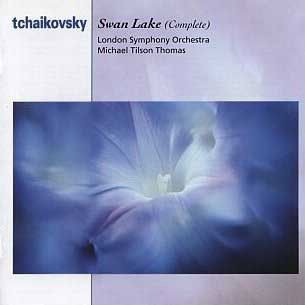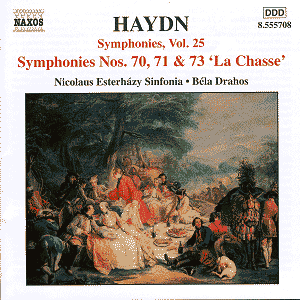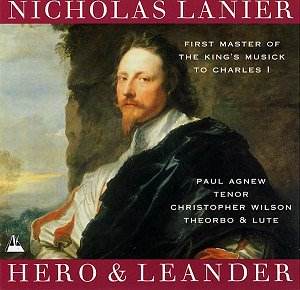 Composer: Pyotr Ilyich Tchaikovsky
Composer: Pyotr Ilyich Tchaikovsky
Works: Swan Lake: ballet in four acts, Op. 20 (1877)
Performers: London Symphony Orchestra, cond. Michael Tilson Thomas; Rodney Franks (solo cornet), Alexander Barantschik (solo violin), Douglas Cummings (solo cello)
Recording: rec. 1980s? DDD
Label: SONY SB2K89735
Tchaikovsky’s “Swan Lake,” a cornerstone of the ballet repertoire, premiered in 1877 and has since undergone numerous revisions and re-imaginings, making it a fascinating case study in both performance and interpretation. The work embodies the composer’s emotional depth and orchestral mastery, combining lush melodies with intricate orchestrations that paint a vivid narrative of love, betrayal, and transformation. Michael Tilson Thomas’s interpretation with the London Symphony Orchestra captures this essence beautifully, demonstrating a keen understanding of the ballet’s dramatic arc while showcasing Tchaikovsky’s rich harmonic language.
The performance is marked by brisk tempi that inject a palpable energy into the score, creating a sense of urgency that is both thrilling and refreshing. Tilson Thomas’s direction allows the orchestra to revel in moments of exuberance, such as the exhilarating “Danse des petits cygnes,” where precision and virtuosity shine through. The players exhibit a palpable enthusiasm, particularly during the climactic passages where the full orchestral forces come into play. For instance, the brass section, led by cornet soloist Rodney Franks, delivers the heroic themes with a boldness that elevates the drama without tipping into melodrama.
Moreover, the recording quality is commendable, with a rich sonic palette that captures the full spectrum of Tchaikovsky’s orchestration. The strings, in particular, possess a warmth and clarity that allow for the intricate counterpoint in the “Waltz” to emerge with delightful transparency. However, the percussion can sometimes feel overly prominent, overshadowing subtler orchestral details. The sound engineers have succeeded in producing a vivid soundstage that places the listener in the concert hall, though some may find the explosive nature of the percussion slightly distracting.
When comparing this recording to other notable interpretations, such as the vibrant yet more restrained performances by Seiji Ozawa or the lush romanticism of Charles Dutoit, Tilson Thomas stands out for his ability to balance urgency with lyrical beauty. Unlike Ozawa’s more studio-bound approach, which can occasionally feel polished to the point of sterility, Tilson Thomas’s reading is alive, with a theatricality that mirrors the ballet’s narrative. Conversely, while Dutoit offers a sumptuous sound, he occasionally sacrifices the kinetic energy that Tilson Thomas captures so effectively.
This recording of “Swan Lake” not only highlights the talents of the London Symphony Orchestra but also underscores Michael Tilson Thomas’s place as one of the preeminent interpreters of the Tchaikovsky canon. His nuanced understanding of the score, paired with the orchestra’s technical prowess, makes for a compelling listening experience that resonates with both ballet aficionados and newcomers alike. The combination of carefully chosen tempos, well-judged orchestral balances, and the rich, immersive sound quality solidifies this version as a significant contribution to the discography of Tchaikovsky’s masterwork. Highly recommended for those seeking a vibrant and engaging interpretation of “Swan Lake.”



